Swim Jig fishing is quite possibly one of the most exciting ways to catch aggressive, early season bass and here are few things to consider before you get swimming.
Match That Tackle
Pairing the correct rod, reel and line with your Swim Jig is really a no-brainer. Sure everyone talks about it, but it is just so important. For example; if you are swimming a jig and an aggressive pre spawn bass quickly grabs it and runs the other way, you need to be prepared. Using a high speed gear ratio reel to pick up any slack line and a medium heavy action rod will give you the confidence to set the hook and get that fish in the boat. Without that higher speed gear ratio reel, it’ll take you longer to pick up any slack line and without the right rod, you won’t get a good hook in and stand a chance of losing the fish.
Line selection is also key to an effective Swim Jig presentation with the main focus being on the right line for the right conditions. What does that mean? Well, if you are fishing clear water, you will want to use 10 – 12 lb fluorocarbon line. If the water is dirty, don’t be shy and step up to 14 lb fluorocarbon for added strength and confidence.
Variety Counts
We all have our favorite Swim Jigs to fish, but trying new jigs is a good thing! There are many different jigs on the market today and trying new products only benefits us anyways.
There is a new category in the jig market that offers a removable hook and in my opinion the leader in this category is Freedom Tackle. Being a non bias, non sponsored angler myself, I get to try different products as they hit the market with no strings attached. Seeing as Freedom offers something totally unique, I often find myself fishing their jigs in different situations.
The Freedom Stealth Jig head has a removable hook system that allows us to use our favorite hooks. The free range hook movement in the jig head itself reduces any leverage a fish might have when it jumps and tries to throw the hook. I like the Stealth because it also features a high quality skirt and a bait keeper for a jig trailer, which in my opinion is key to finishing off the Swim Jig presentation.
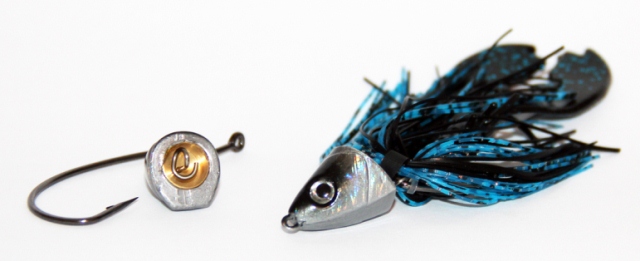
Although a fan of the Stealth, the standard old Swim Jig is no slouch either! So I always make sure that I have a variety of jigs, colors and sizes on hand to throw the fishes way.
Trailers Are a Nice Touch
I can’t remember the last time I fished a jig without a trailer. To me it’s like putting pants on in the morning! Without a trailer your jig is naked and 9 times out of 10, the trailer is what triggers the bass to attack.
The profile of a Swim Jig trailer is going to depend on the time of year you are fishing. In the early months I prefer a trailer with a lot of kicking motion because the fish have just come from their winter slumber and are feeding, so lots of action is needed! Although some anglers will use a small Swimbait as a trailer, I prefer a Berkley PowerBait Chigger Craw or NetBait Paca Craw. The claws on these trailers are larger, fairly thin and flap like crazy.
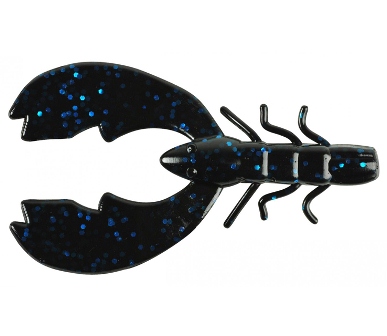
As we move into the warmer months I’ll switch my jig trailers to more of a chunk style, something with a bulkier profile that moves quite a bit slower in the water column. During these warmer months is also when my jig retrieval speed changes to more of a “yo-yo” retrieve.
Areas to Target
It’s obvious that in the spring most of the Swim Jig bite will come in 1 – 8 feet of water, as we will be targeting pre-spawn, spawn and post spawn fish. With that said, keying in on the right areas at the right time is important.
Once the ice is out (if you even get ice in your area) and the water warms, look for staging fish to wait for that first full moon, which in some areas could have already happened. If you’re living further north, key in on the breaks close to deeper water. There is a good chance that the fish are waiting patiently for Mother Nature to tell them to move to the shallows. This is a good time for you to throw a Swim Jig in their face when they least expect it!
During the spawn and while the fish are on beds, a lot of anglers will flip different craw style baits to trigger the fish to bite. If the water you are fishing is highly pressured, a Swim Jig might just be the ticket! Speeding up and slowing down your retrieve as you swim that jig by the fishes nose will only annoy it to no end. You may have to make the same cast 3 or 4 times, but eventually you will trigger a bite.
As the spawn concludes and the big females move off the flats, they will make haste and get to shelter outside of the spawning areas quickly. Target flooded timber, docks, outside weed lines, rock piles or any other obvious cover a big bass looking to ambush an easy meal could hide.
The spring brings a new fishing year, hungry bass and reaction strikes! Before you hit the water for your next fishing trip, don’t forget the Swim Jig! You’ll be pleasantly surprised with the results this versatile presentation produces.
Authored by Tim Hine Owner/Founder – Rahfish.com Rahfish.com… A Northern Original Educating the Bass angler through reviews, interviews with top level pros, video and more.
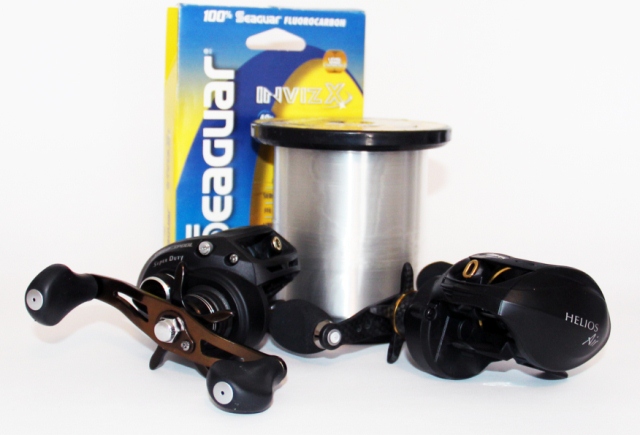
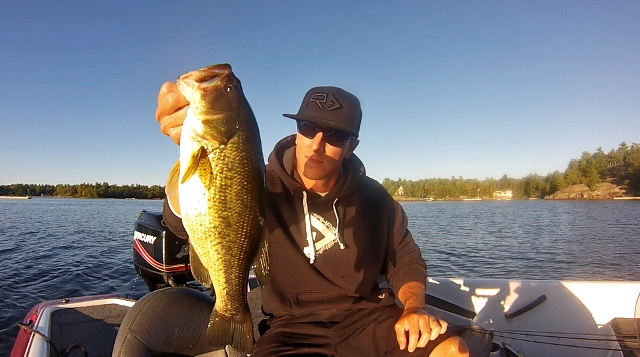
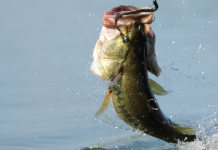

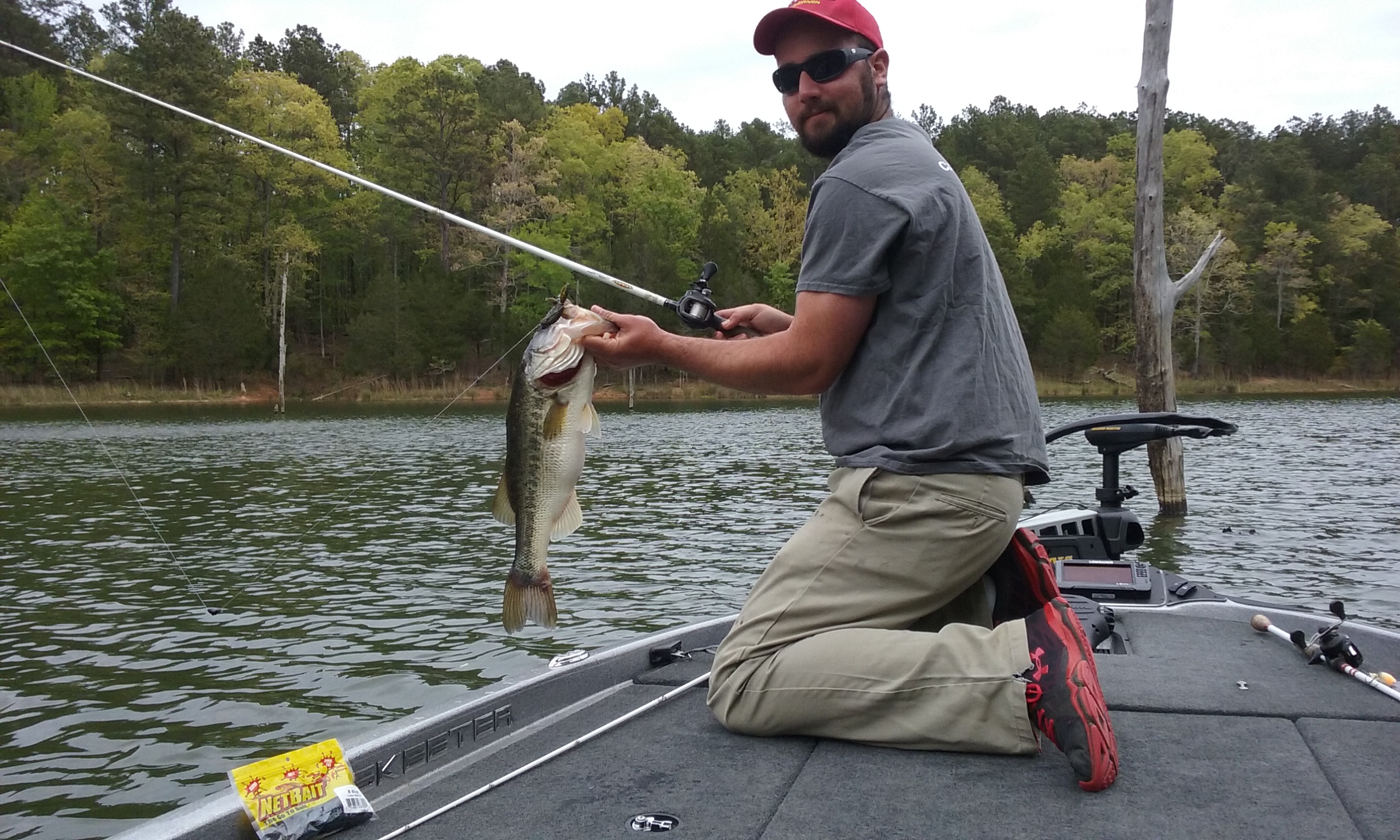
Thanks for the great advice! I’m working to improve (actually catch) my jig fishing skills and I think your tips here will definitely help.
Glad you found the tips helpful, Josh. Good luck this season!
this helped me on using swim jigs because I never had a swim jig and i bought a strike king KVD swim jig and stuck right under the fishes nose and it catches them